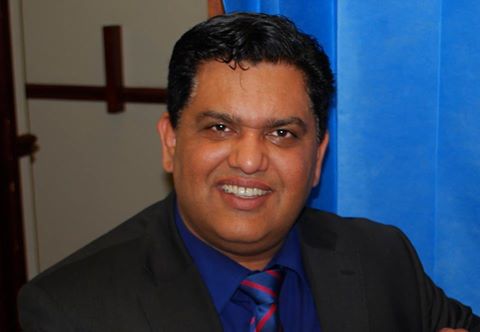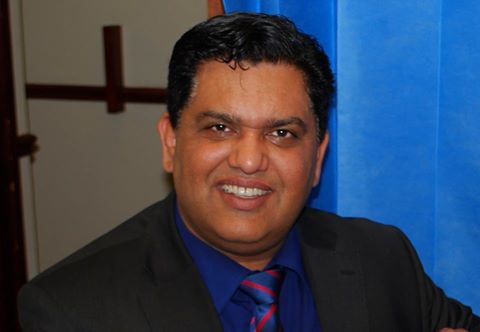
Typically the furore around this year’s winter pressures has been focused on A&E units and the cancelling of operations.
In the midst of this perfect storm, little thought has been given to the impact of increased demand at practice level. Our waiting rooms are rammed and we are burning the midnight oil with home visits.
This is no surprise, as GPs have borne the brunt of health and social care cuts, becoming everything from triage door manager at A&E departments, to bureaucrats assessing whiplash disputes and the writers of sick notes for children so that school attendance records are attained.
But austerity and buck-passing to practices aren’t the only factors to blame for our annual cold weather meltdown. It is also – elephant in the room time – the lack of patient education and personal responsibility that has helped create a demand on primary healthcare that has us creaking to the point of breaking.
The huge number of patients coming in and expecting an examination and a pill to cure conditions such as colds has helped create this crisis
Perhaps we as doctors are victims of our own success. Put simply, the public expects the GP to fix them when they are broken. Every time. And immediately.
My surgeries have been packed with patients with such expectations since temperatures dipped during December. Sure, unscrupulous bosses put pressure on people to get well quick, but the huge number of patients coming in and expecting an examination and a pill to cure conditions such as colds has helped create this crisis. Ironically enough it has also led them to complain about the lack of appointments.
Certainly we need more resources devoted to NHS services, but we also require campaigns to instruct the public to choose well and manage their own health.
This can have a dynamic impact. This year for example, we have seen a change in attitudes towards antibiotics. Thanks to the Public Health England campaign and the work of charities such as Antibiotic Research UK, patients are finally getting the message that drugs such as penicillin are not the answer to everything. Could not the same type of message be promoted around colds and flu? And instead of headlines advertising NHS Armageddon, couldn’t the mainstream media encourage patients to rest, take fluids and stop rocking up at surgery, spreading germs and wasting their family doctor’s time?
I welcome the call outlined in the General Practice Forward View to manage demand more effectively, by supporting people to look after their own health. I have seen for myself the creation of minor ailment schemes, closer working with pharmacies, even events held by practices to encourage healthy eating and improved fitness.
But putting the burden on practices simply scratches at the surface. The recent outcry following Tameside Hospital’s decision to ban sugar in their restaurants, reveals just how much work we have to do to persuade the public of the need for personal responsibility around their own health.
I am a fervent believer that the NHS should be free at the point of contact and be for all of the people. But the public must do their bit too and realise their part of the contract – namely, that the NHS is by the people too and that they need to protect it and assist it, particularly at difficult times.
Otherwise, they are going to be faced with the prospect of a packed waiting room, no hospital beds and cancelled operations every winter. And everyone is sick of that situation.
Dr Zahid Chauhan is a GP in Openshaw, Manchester
Pulse July survey
Take our July 2025 survey to potentially win £1.000 worth of tokens












